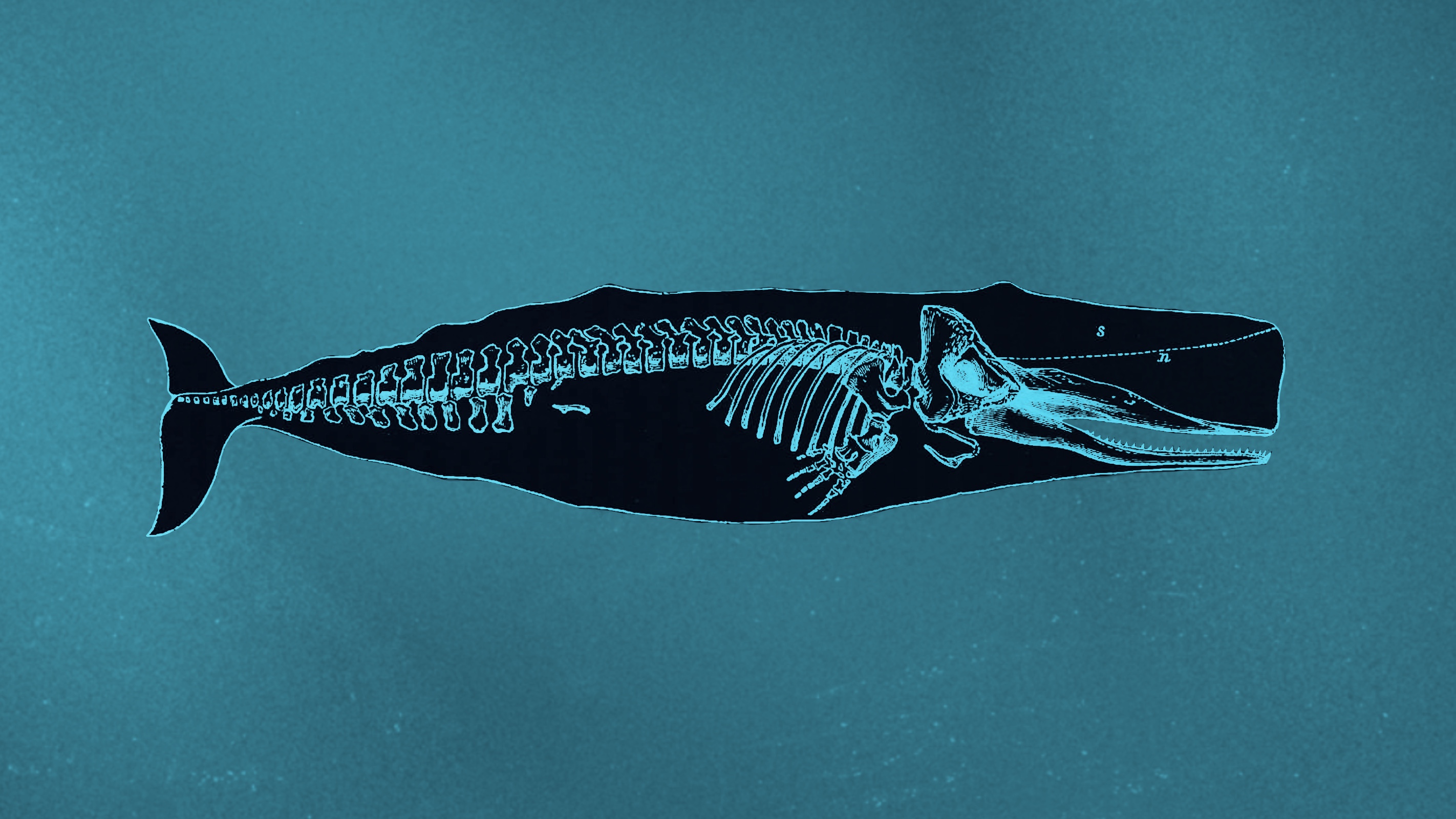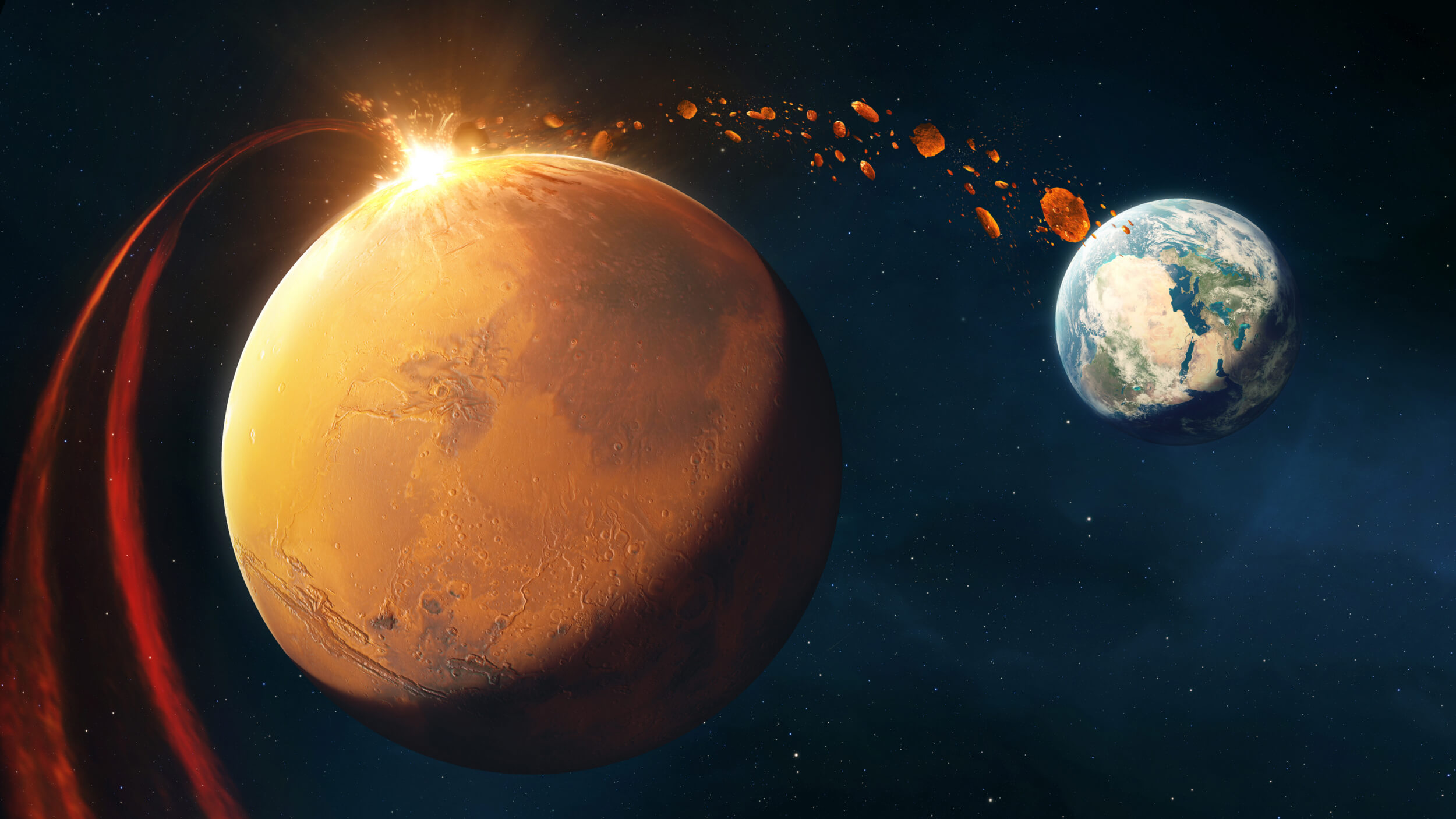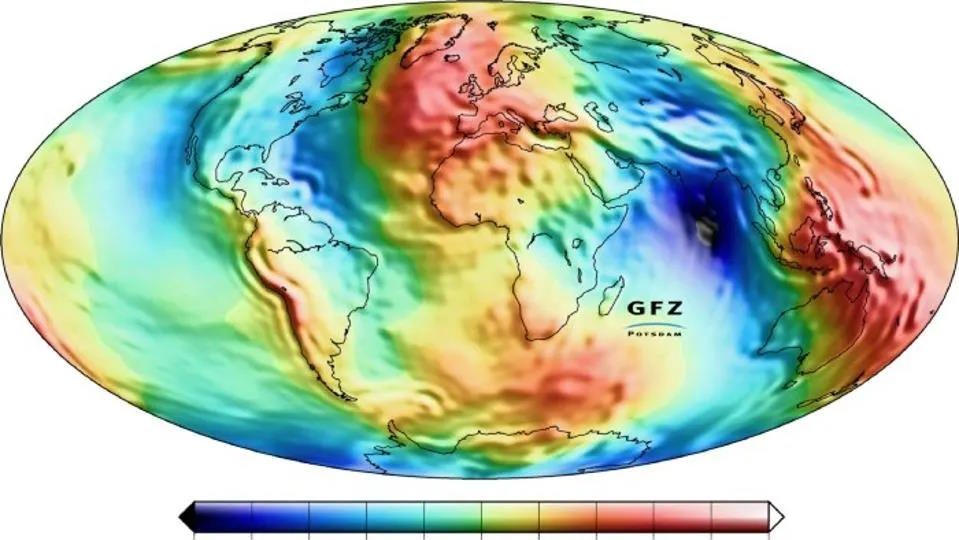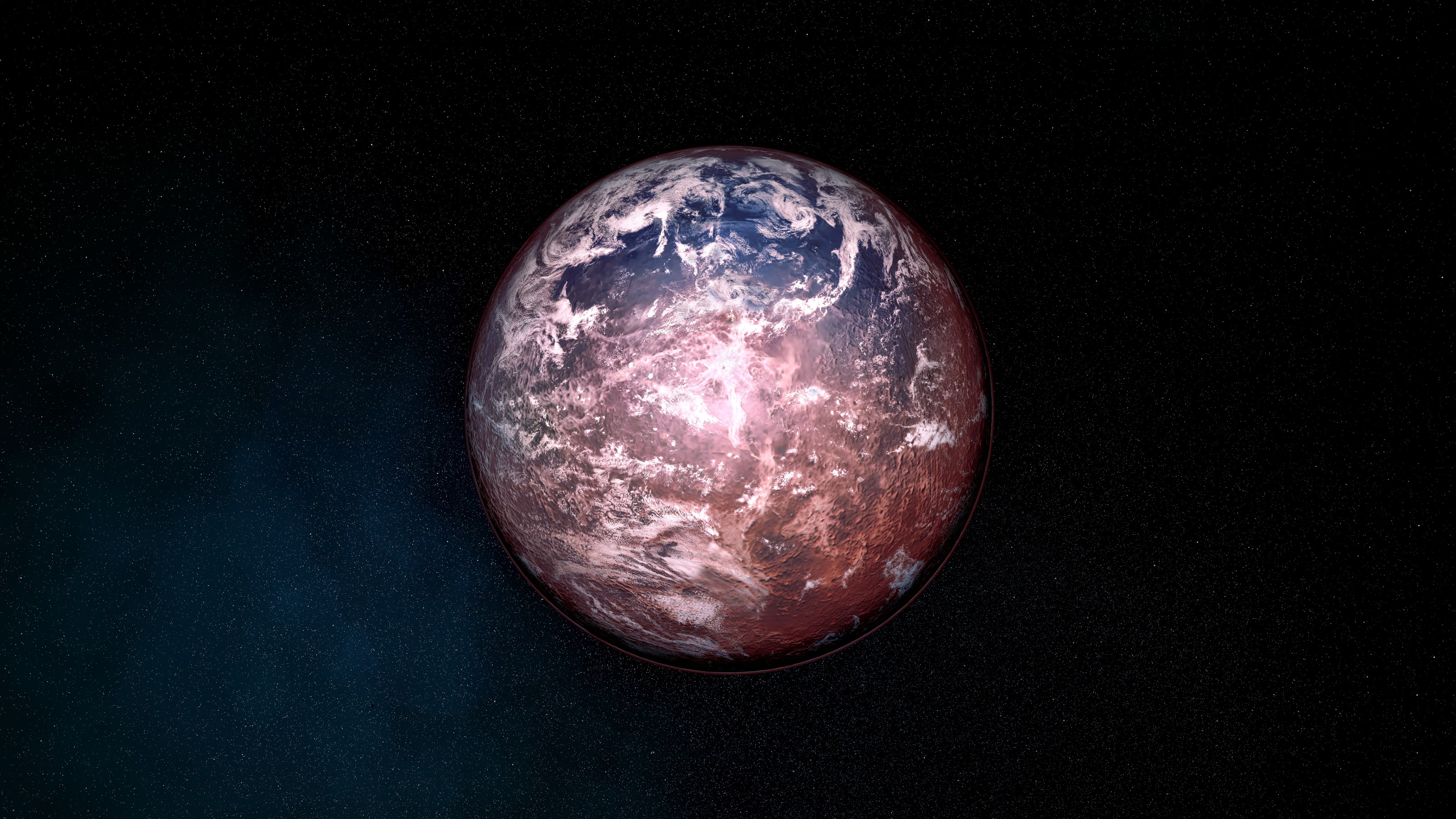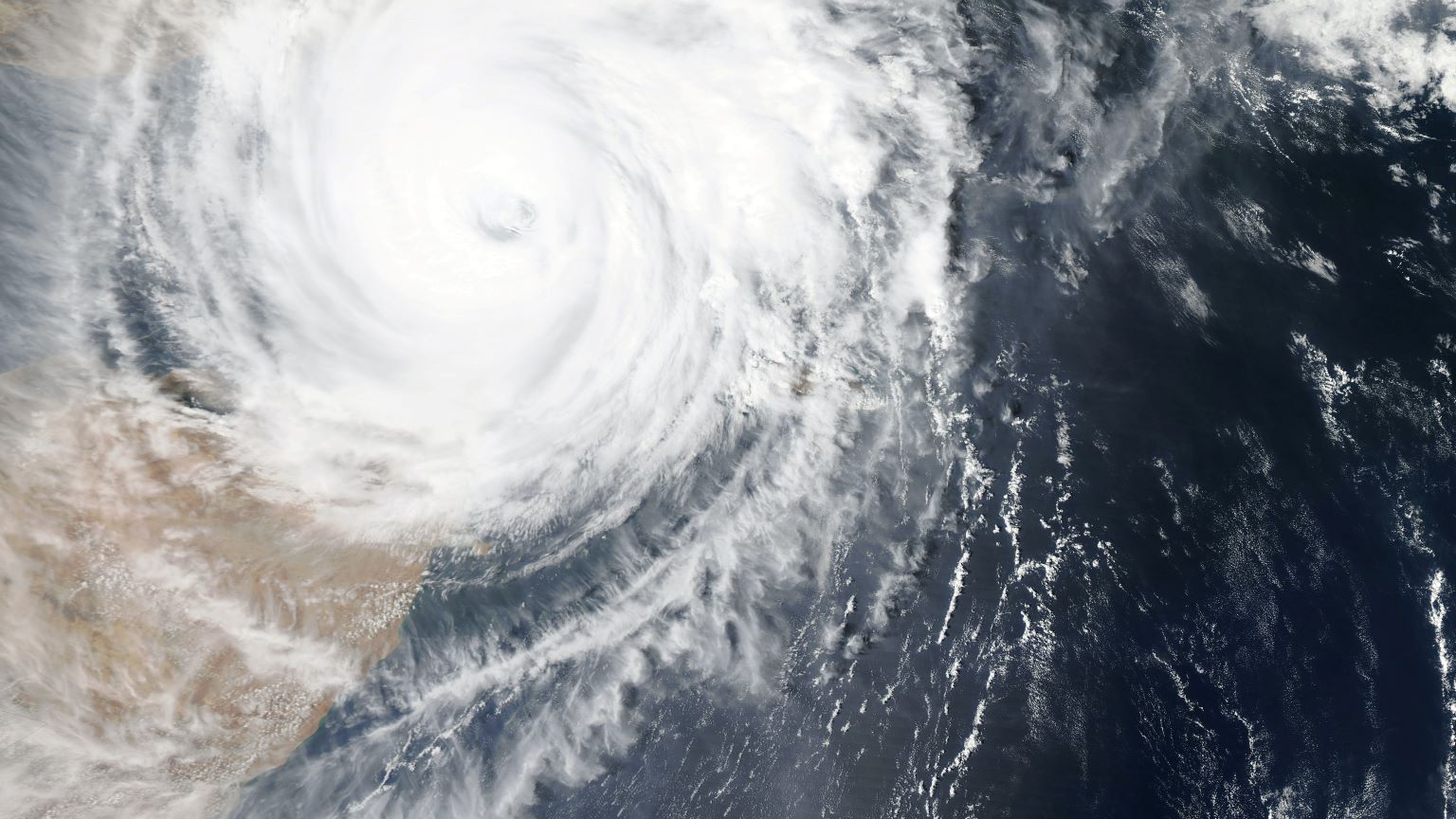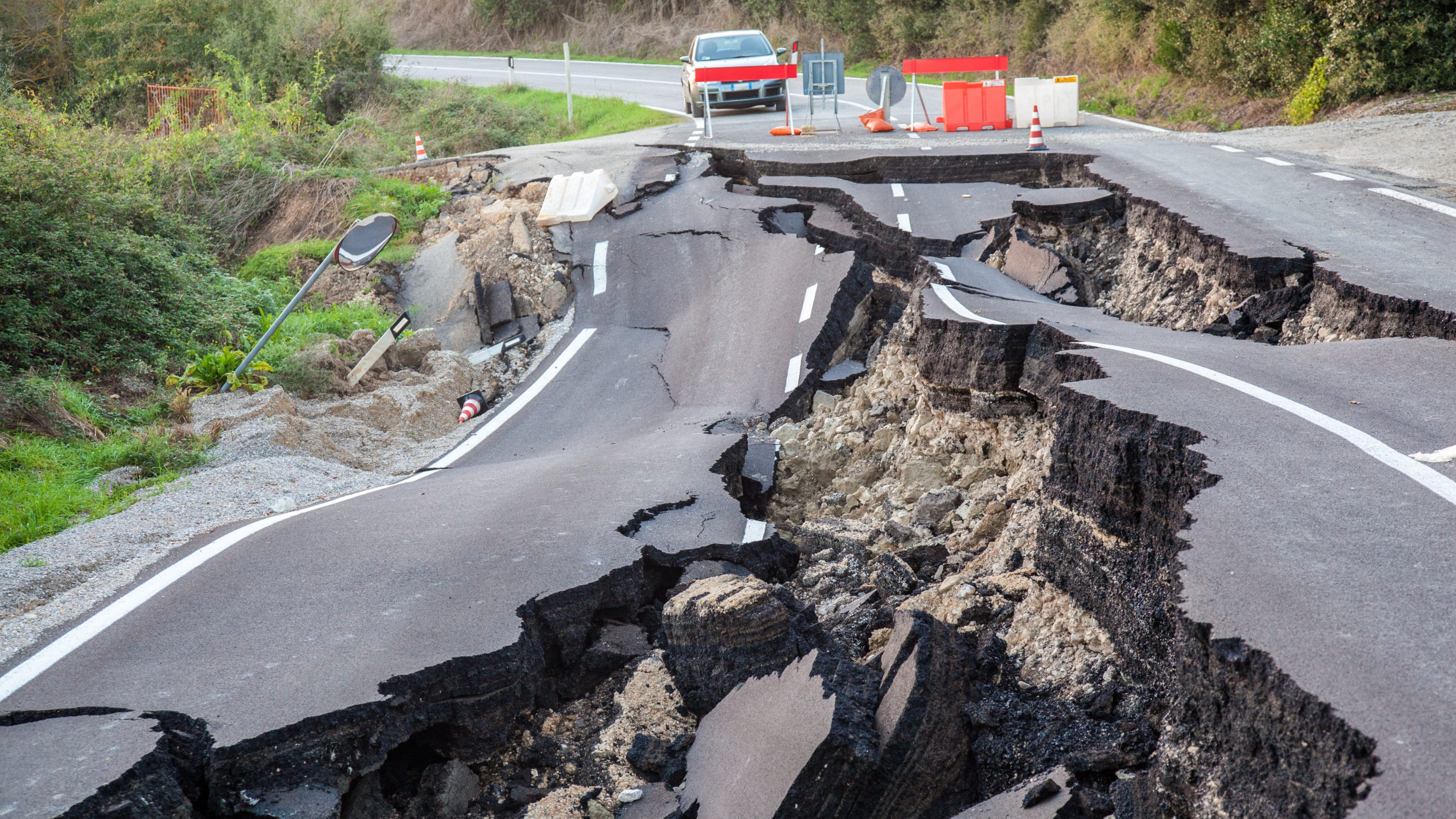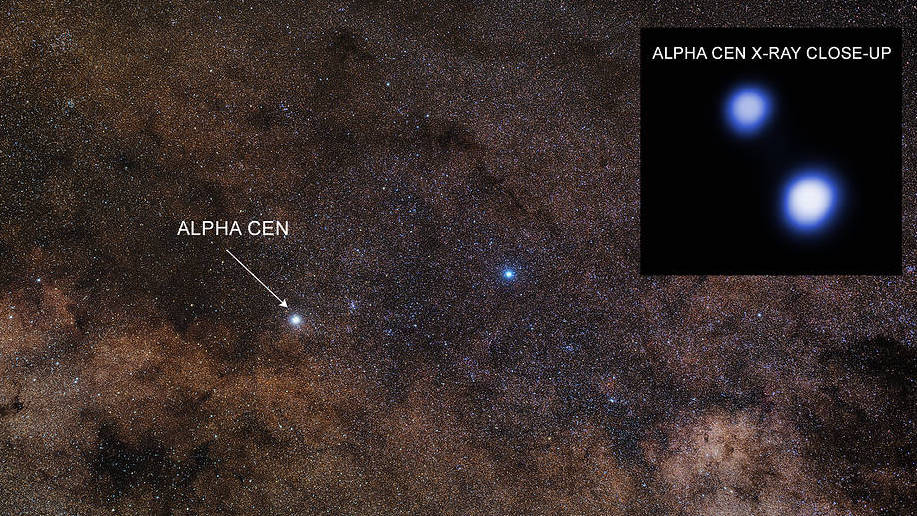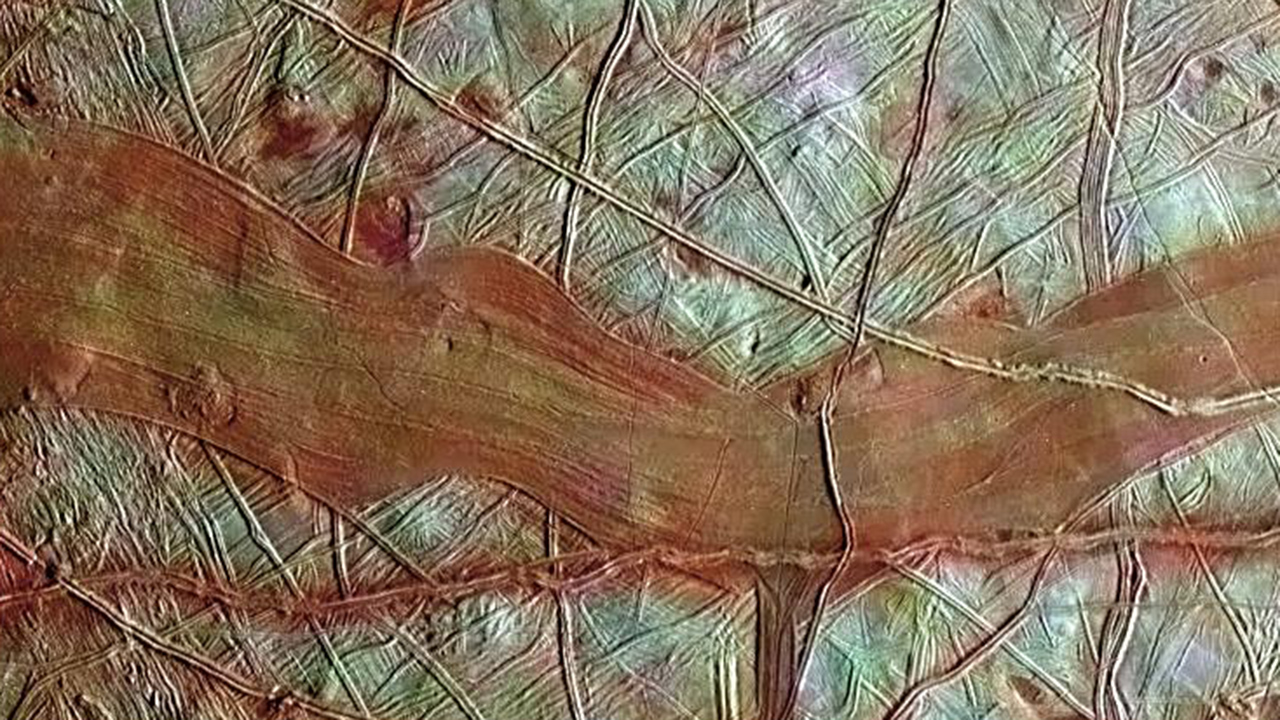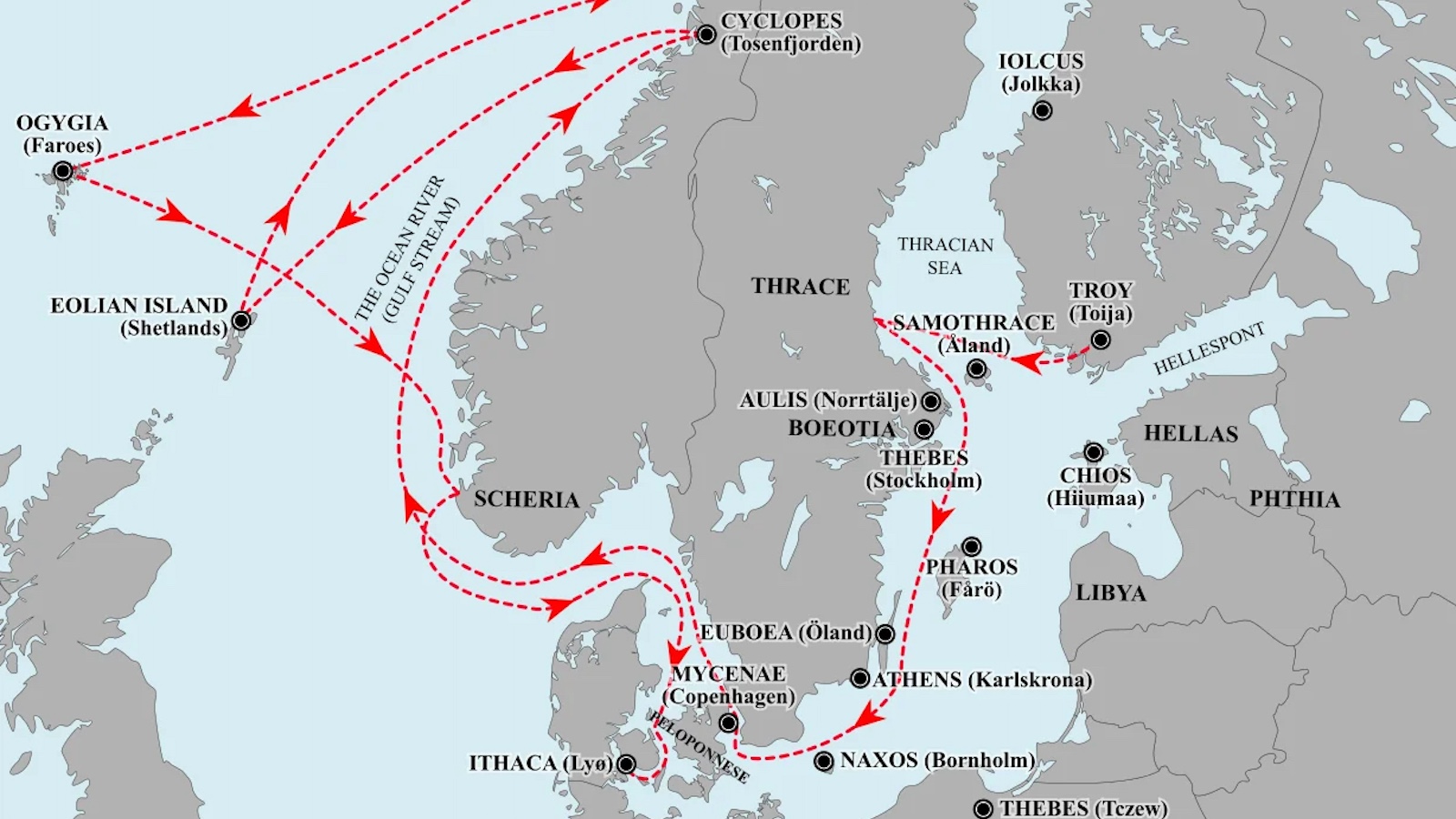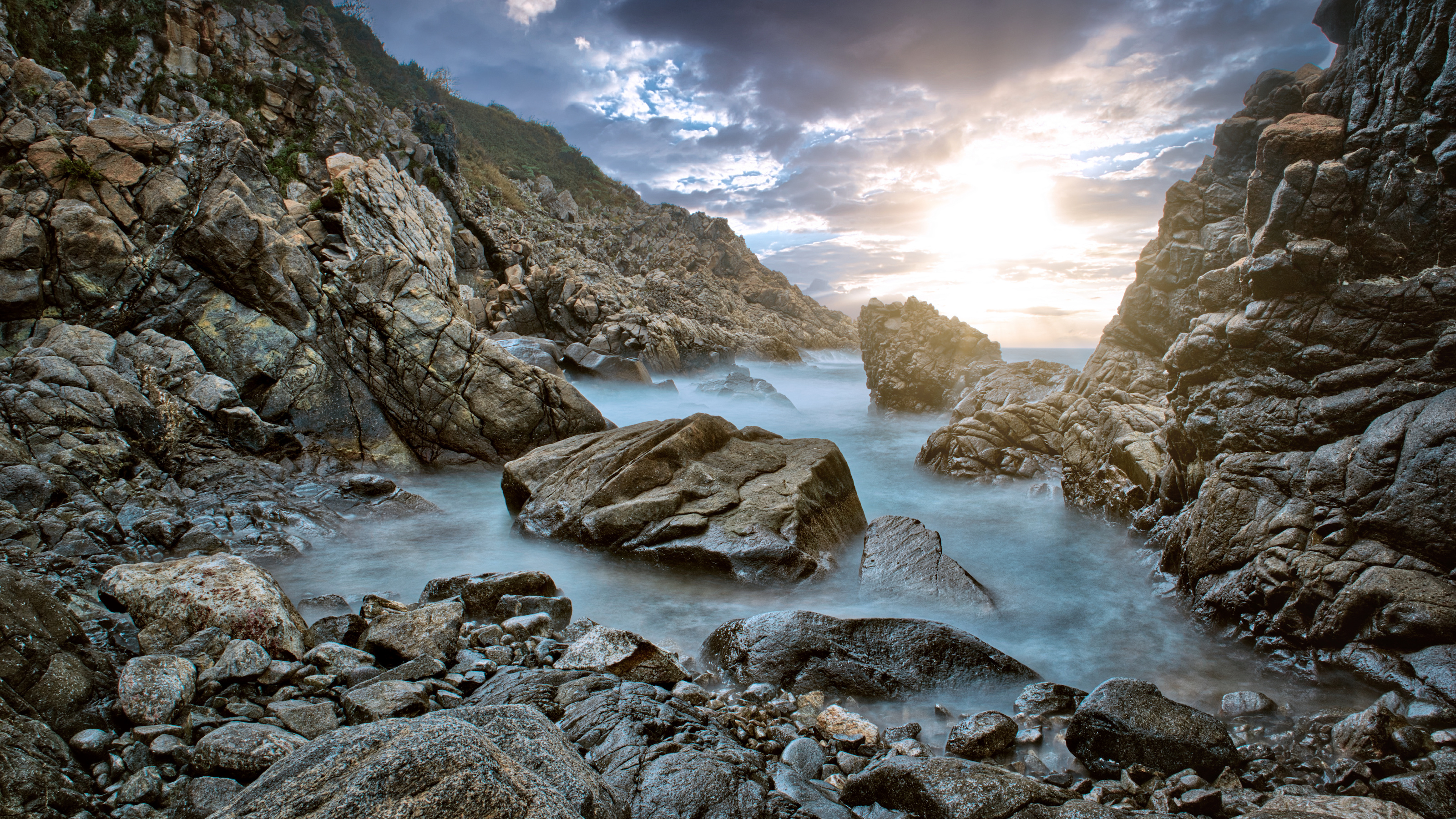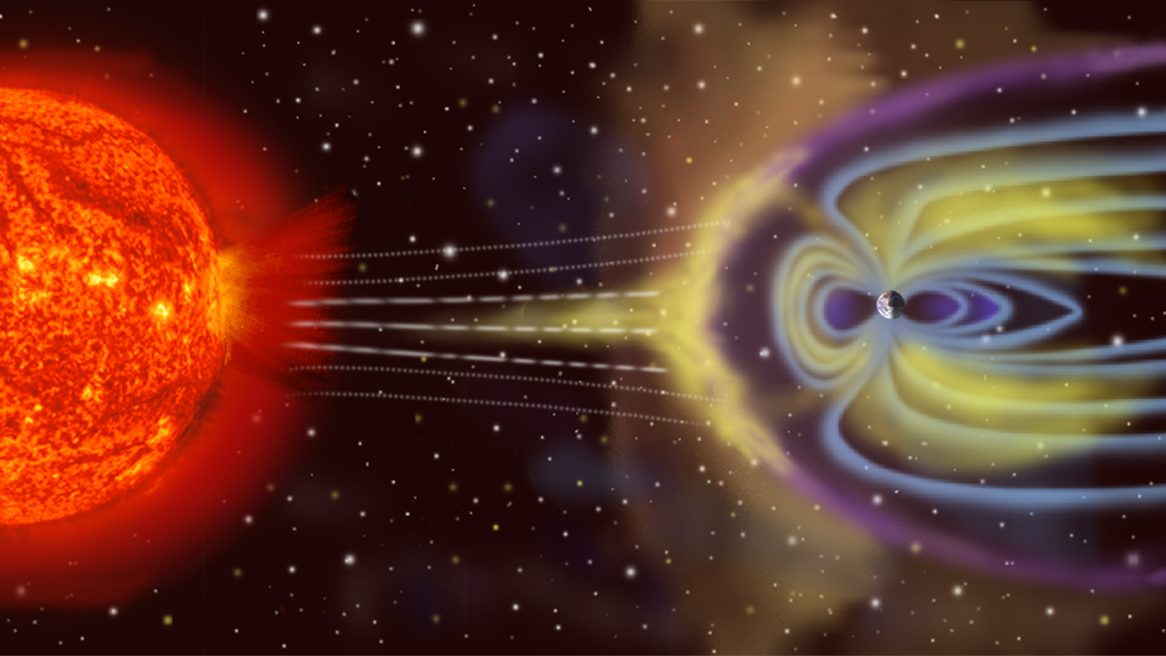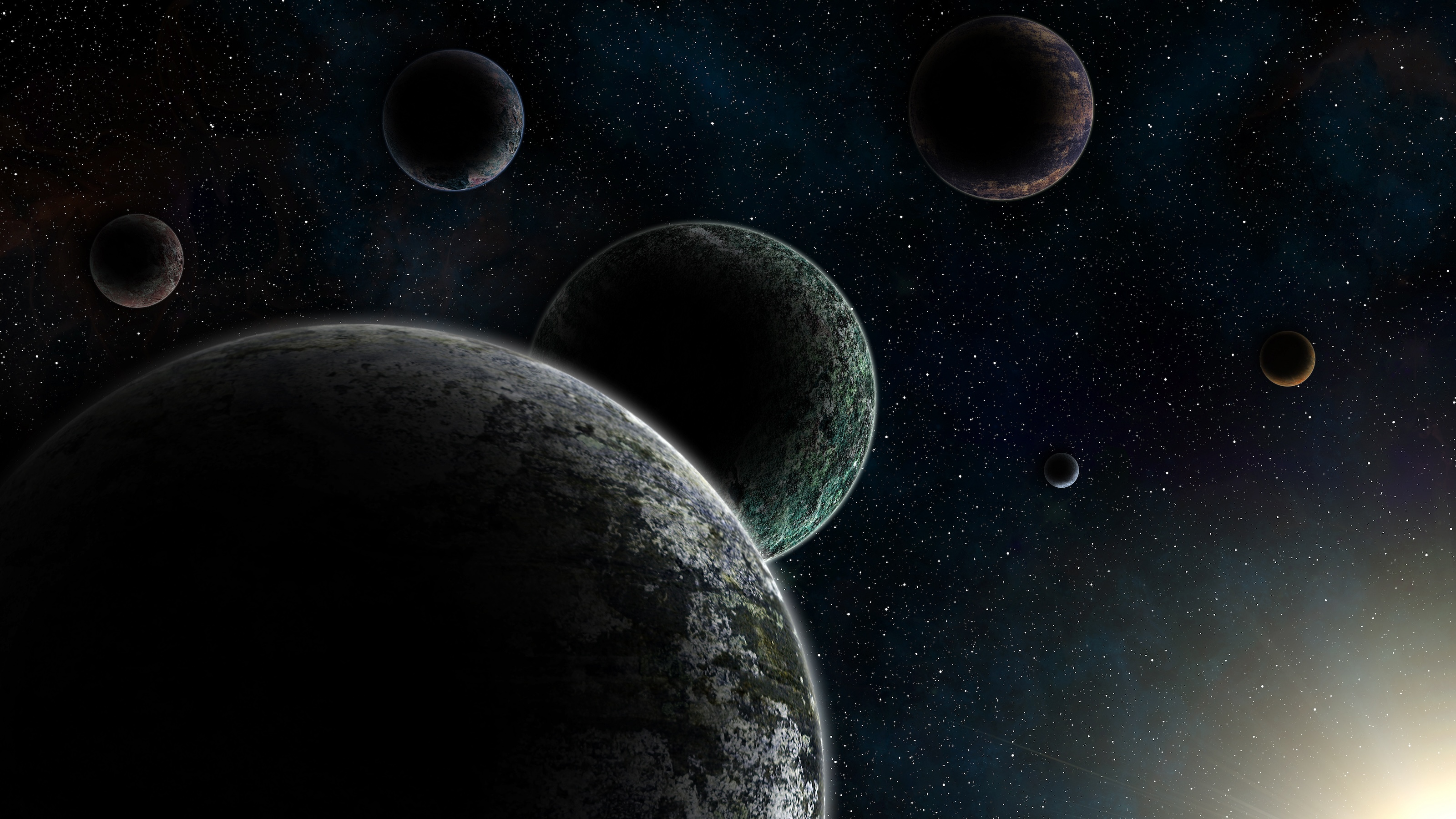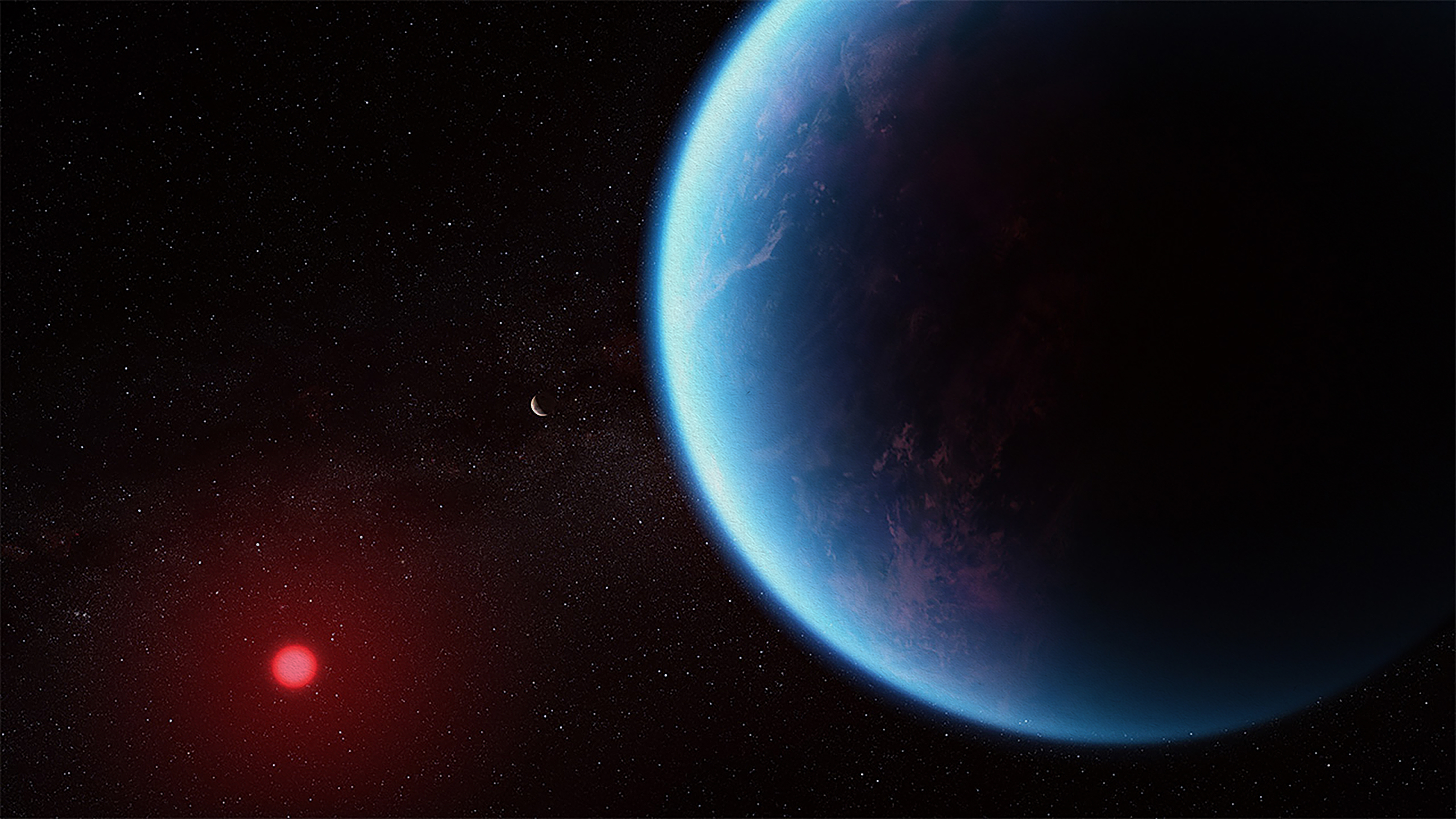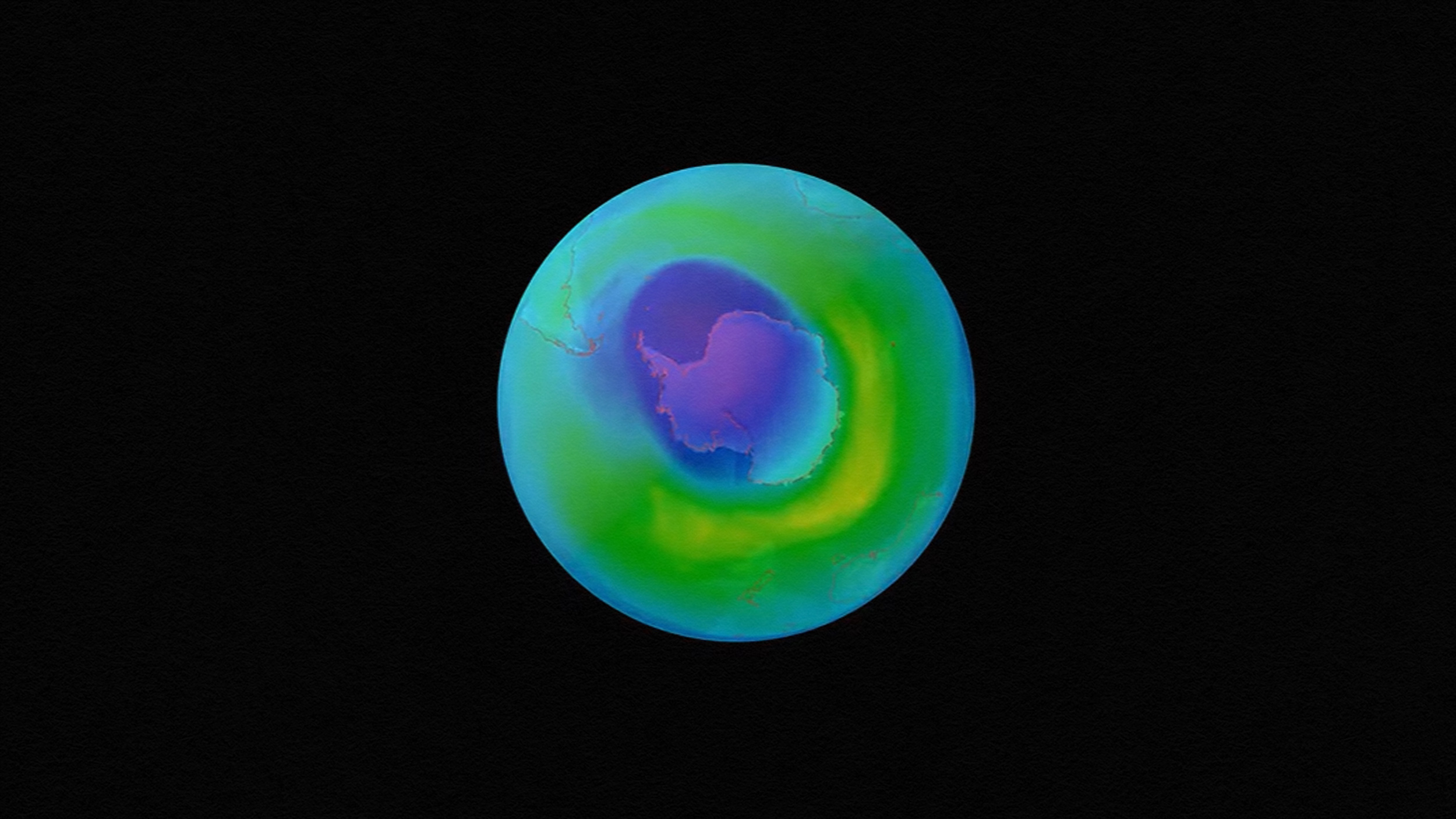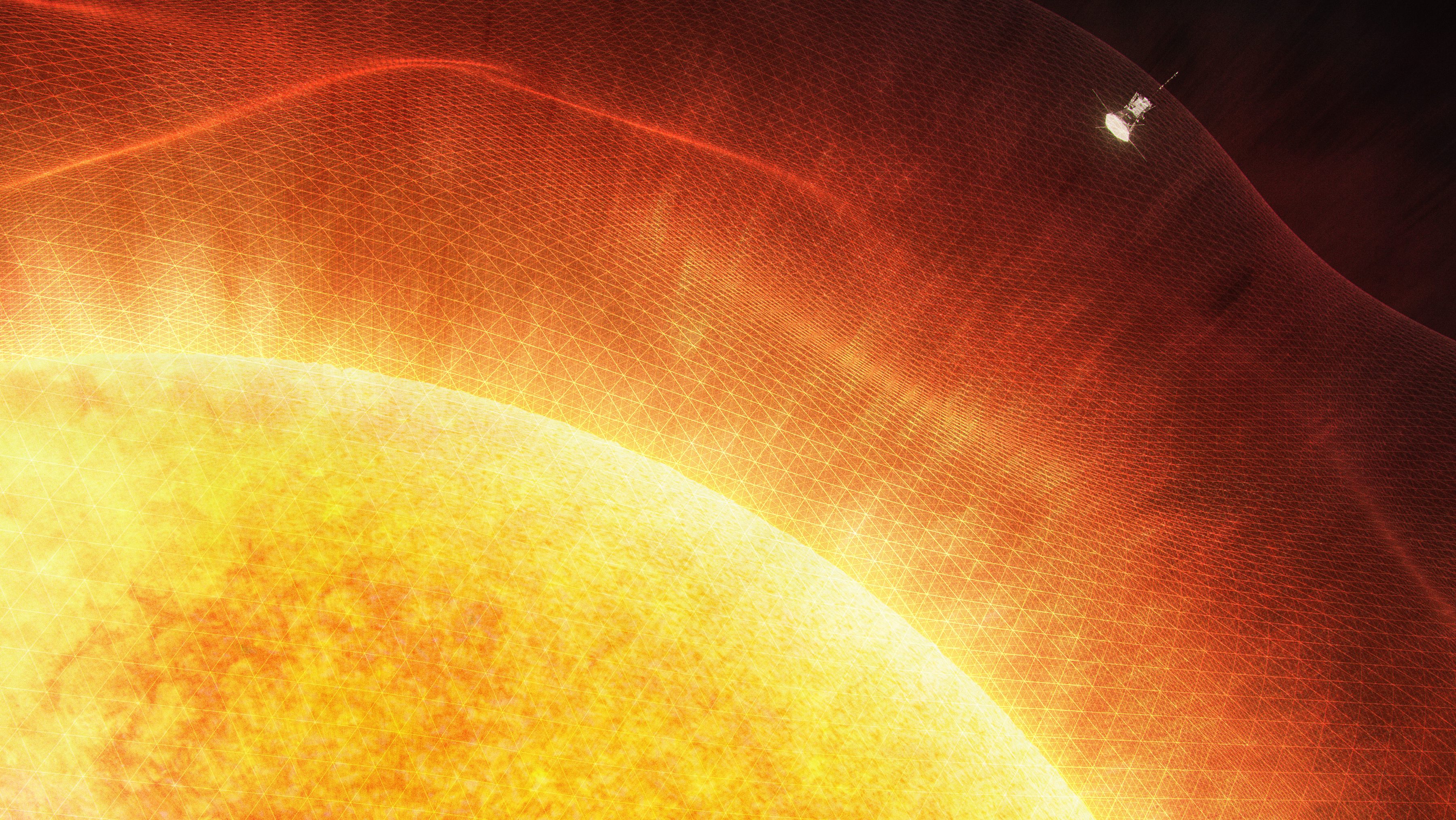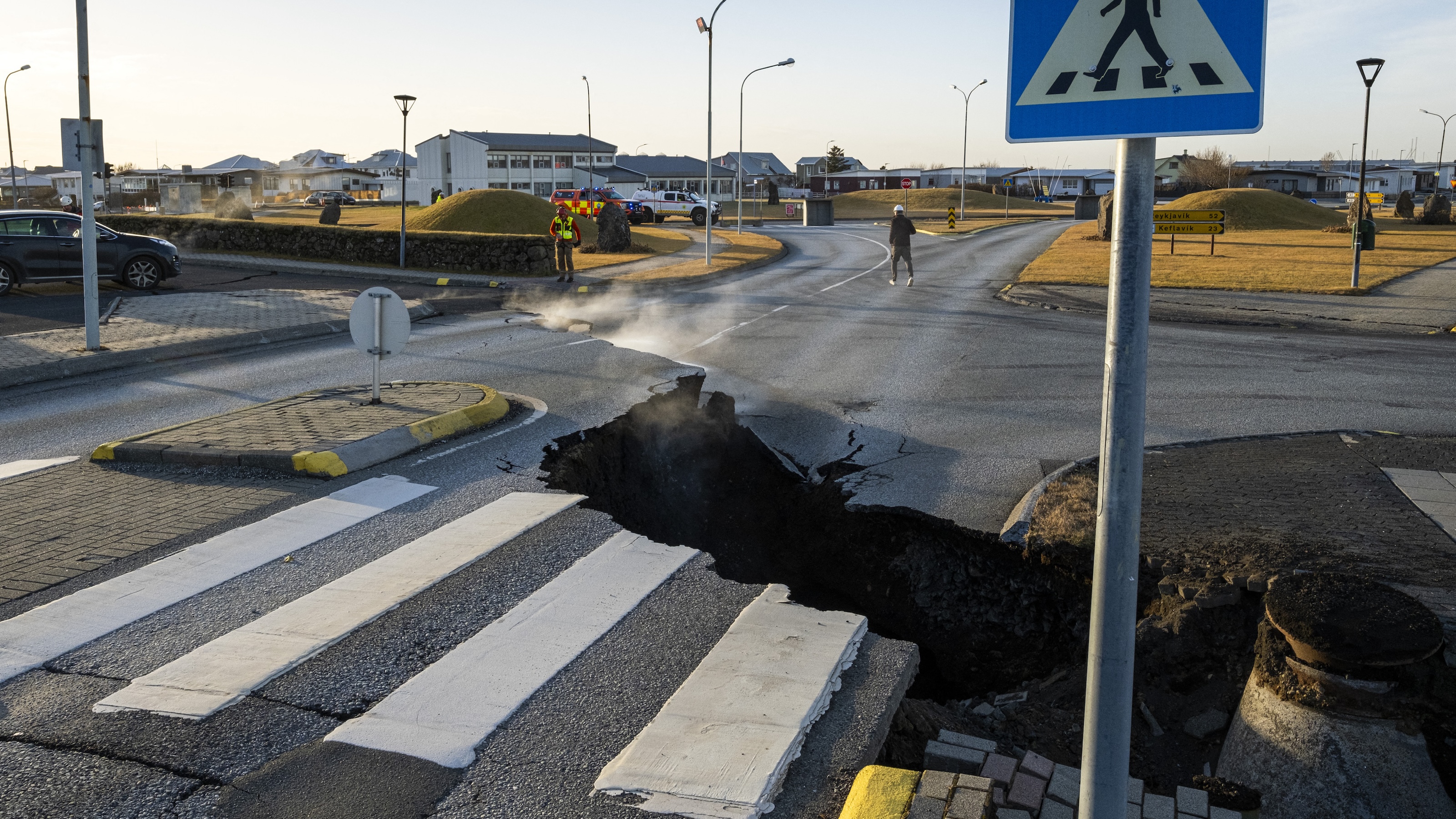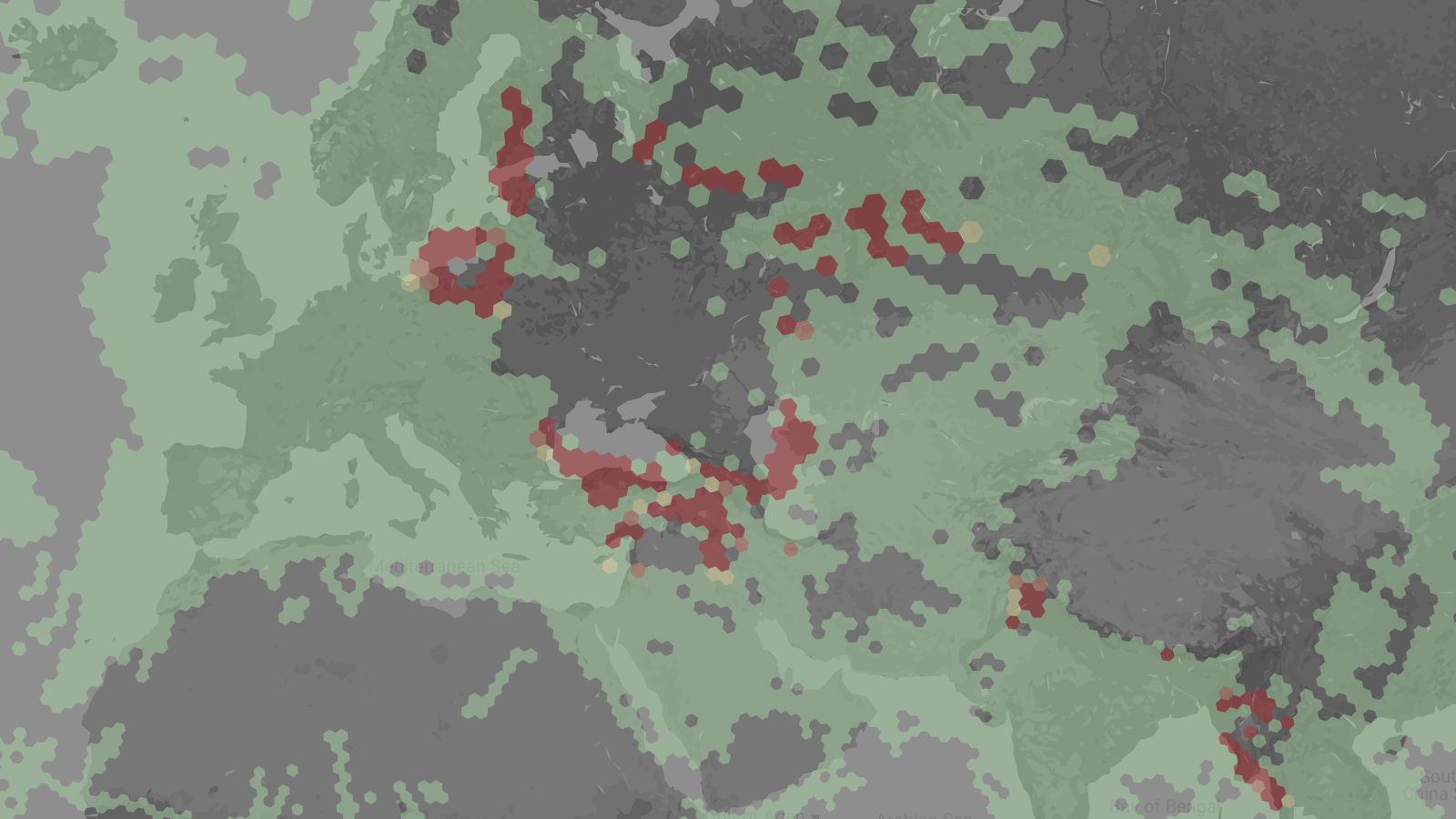Dead whales inspire a way to find extraterrestrial life on Mars.
Search Results
You searched for: Ocean
Left to their own devices, yeast cells will consume all available resources and poison themselves to death. Is humanity smarter than that?
Life may have arisen far earlier — and more rapidly — than previously thought.
Scalars, vectors, and tensors come up all the time in physics. They’re more than mathematical structures. They help describe the Universe.
Fire was crucial to the evolution of human technology. That’s why alien species stuck in the “oxygen bottleneck” may be forever primitive.
A marine scientist explains the threat of the Loop Current, a 800-pound gorilla of Gulf hurricane risks.
What do you call it when the Earth shakes for three decades?
This oddball system of three stars might be our best chance at finding nearby life in the Universe.
“I want to change the way we think about the past altogether,” says Dr. Betül Kaçar, an astrobiologist who studies the origin of life.
Many of us look at black holes as cosmic vacuum cleaners: sucking in everything in their vicinity. But it turns out they don’t suck at all.
How choosing Stoic acceptance — not dour resignation — galvanized great leaders from Thomas Edison to Phil Jackson and Tony Hawk.
Europa may be difficult to access. But if a recent study is correct, its subsurface ocean would be more accessible than previously thought.
Sometimes called “the new gold,” sand is the second most exploited natural resource in the world after fresh water.
Welcome to The Nightcrawler — a weekly newsletter from Eric Markowitz covering tech, innovation, and long-term thinking.
The Trojan War was fought in Finland and Ulysses sailed home to Denmark, says one controversial theory.
As the Sun ages, it loses mass, causing Earth to spiral outward in its orbit. Will that cool the Earth down, or will other effects win out?
The TRAPPIST-1 system is a treasure trove of possibilities and questions. Observations by JWST have just begun.
“I grew up in New Jersey in the 1970s and that experience gave me everything I needed to become a skeptic.”
Within the next few decades, we may well have hard evidence for the existence of alien life on worlds light-years distant from Earth.
See the 3 biggest space stories from October 16-22, 2023.
A scientist’s first-hand account shows the world can tackle a global environmental crisis.
Architecture in the age of AI — argues professor Nayef Al-Rodhan — should embed philosophical inquiry in its transdisciplinary toolkit.
It would get rid of our hazardous, radioactive, and pollutive waste for good, but physics tells us it’s a losing strategy for elimination.
There were many similarities, but also some profound differences.
This new geologic activity could be part of a thousand-year cycle, ushering in a new era of volcanism on the island.
“Gyroscope-on-a-chip” technology could soon enable us to navigate over long distances without GPS.
In 2021, residents of the top America could expect to live 20.4 years longer than residents of the bottom America.
Cement production currently accounts for 8% of global carbon emissions.
